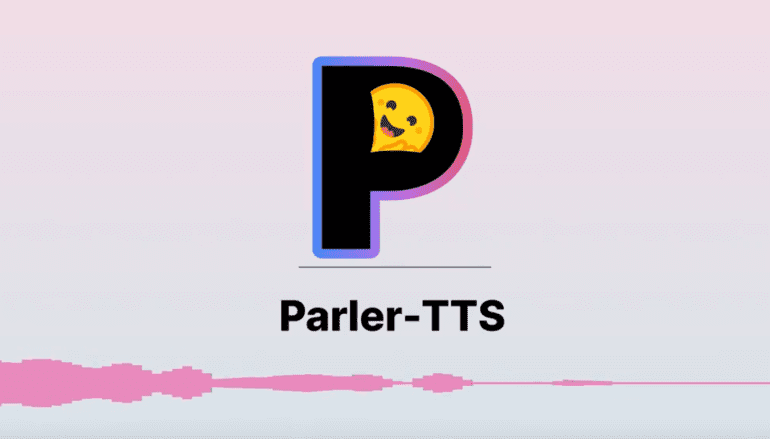- HuggingFace introduces Parler-TTS, an innovative inference and training library for high-quality, controllable TTS models.
- Parler-TTS prioritizes ethical considerations by utilizing text prompts instead of intrusive voice cloning methods.
- Parler-TTS Mini v0.1 demonstrates exceptional speech generation with minimal data requirements, based on 10,000 hours of audiobook recordings.
- The architecture of Parler-TTS is rooted in MusicGen, with modifications enhancing natural-sounding and diverse speech generation.
- The decision to make Parler-TTS entirely open-source fosters global research collaboration and innovation in TTS technology.
Main AI News:
The landscape of artificial intelligence is experiencing rapid evolution, marked by substantial advancements in text-to-speech (TTS) technology. Parler-TTS emerges as a pioneering open-source inference and training library, aimed at fostering innovation in top-tier, controllable TTS models. Crafted with a focus on ethical principles, Parler-TTS emerges as a benchmark for voice synthesis technologies, offering a structured framework that champions consent-driven data practices and streamlined yet potent voice modulation features.
Setting itself apart from conventional TTS models, Parler-TTS confronts the ethical complexities associated with voice replication. By eschewing potentially intrusive cloning methodologies, Parler-TTS pioneers voice modulation via clear-cut textual cues, ensuring that generated speech aligns with ethical standards. This methodology not only alleviates privacy and consent concerns but also unlocks avenues for tailored speech generation.
The debut iteration of this groundbreaking technology, Parler-TTS Mini v0.1, showcases the promise of this approach. Trained on a robust dataset comprising 10,000 hours of audiobook recordings, Parler-TTS Mini demonstrates remarkable proficiency in delivering high-fidelity speech across varied styles, with minimal data prerequisites. This triumph stems from the project’s adept utilization of open-source reservoirs and unwavering commitment to TTS advancement.
Built upon the foundational architecture of MusicGen, Parler-TTS incorporates three core modules. The initial module encompasses a text encoder tasked with mapping textual descriptions to concealed state representations. The subsequent module, a decoder, generates audio tokens based on these representations. The final module, an audio codec, facilitates the transformation of these tokens into audible speech. Significantly, Parler-TTS introduces refinements to this framework, including the infusion of text descriptions into the decoder’s cross-attention layers and the incorporation of an embedding layer for text prompt processing. These enhancements bolster the model’s capacity to generate speech that is both authentic and stylistically diverse.
A pivotal juncture in the project’s trajectory is the decision to unveil Parler-TTS as an entirely open-source entity. The developers behind Parler-TTS have made accessible all datasets, preprocessing scripts, training codes, and model checkpoints under a permissive license, fostering an environment conducive to global research collaboration. This ethos of open-source accessibility promotes collective innovation and the evolution of TTS models.
The ramifications of Parler-TTS for the future of voice synthesis and AI technology are profound. By foregrounding ethical imperatives and leveraging the collaborative potential of open-source initiatives, Parler-TTS not only advances the technical frontiers of TTS models but also shapes discourse on the responsible deployment of AI in society.
Conclusion:
The emergence of Parler-TTS signifies a significant advancement in the field of voice synthesis technology. Its emphasis on ethical principles, coupled with its open-source nature, not only pushes the technical boundaries of TTS models but also fosters a collaborative environment for further innovation. This development has the potential to reshape the market landscape, promoting responsible AI usage and driving the evolution of voice synthesis technology.

